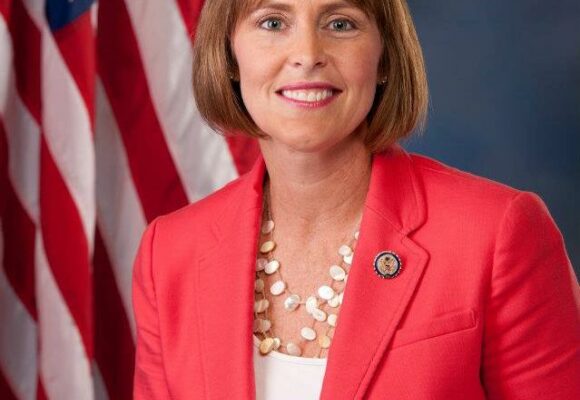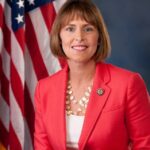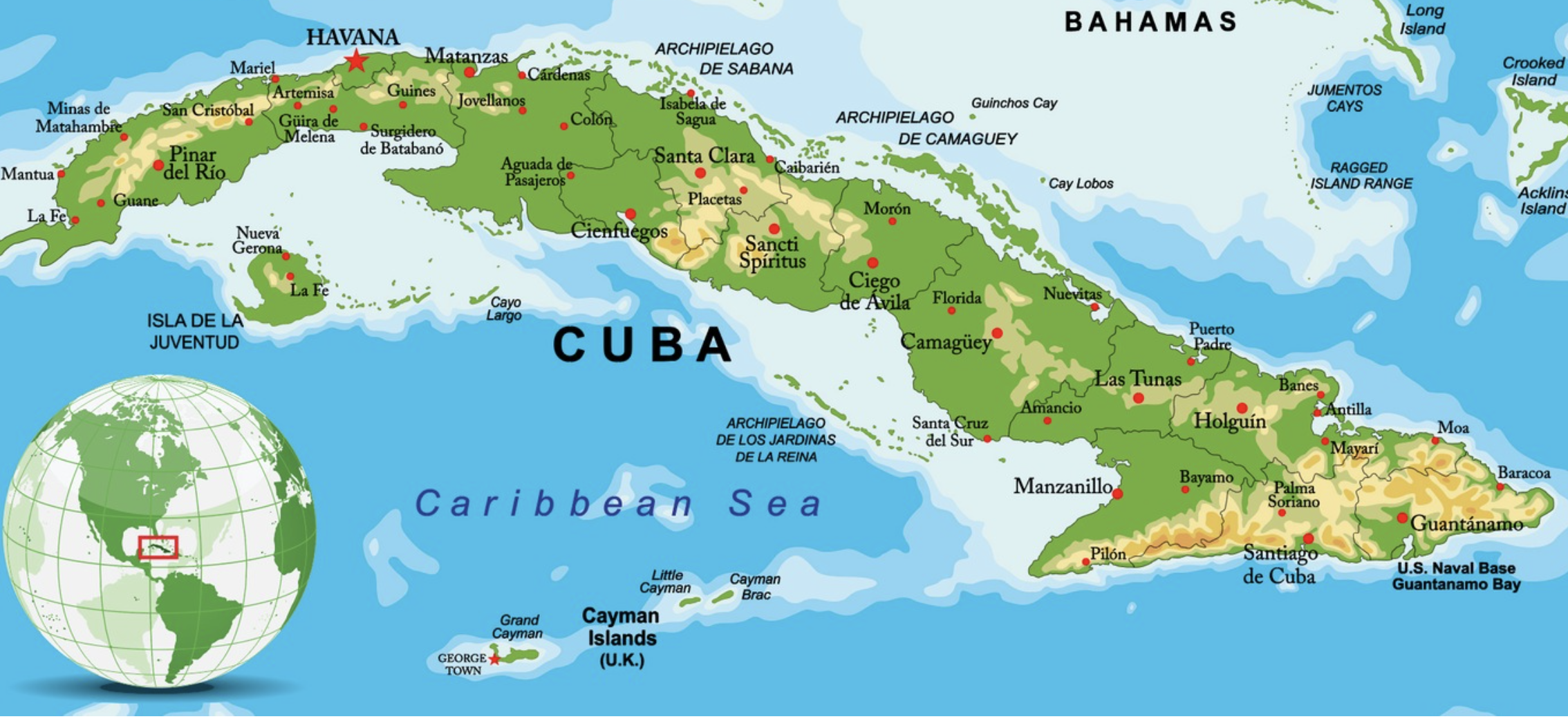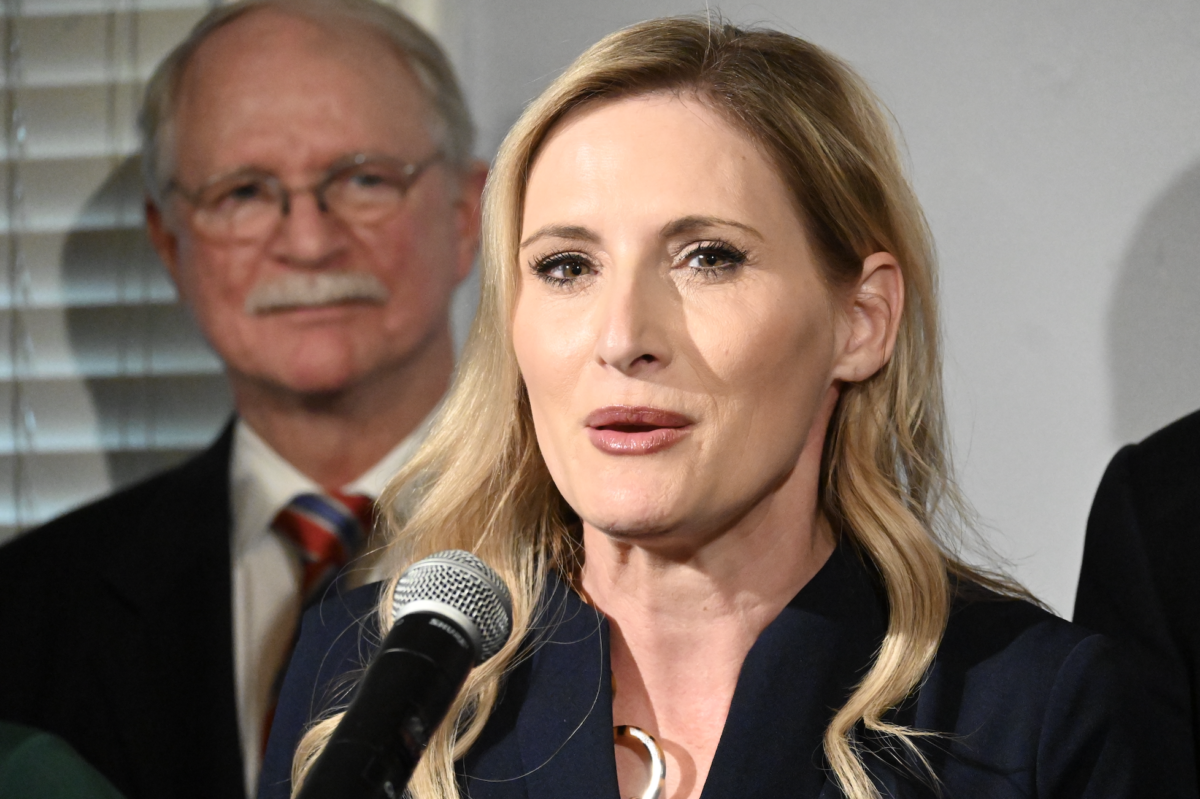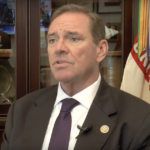Representative Kathy Castor (D-FL) has reintroduced legislation codifying the Environmental Protection Agency's (EPA) Office of Children's Health Protection (OCHP) into law.
The OCHP at the EPA, established in 1997, is dedicated to studying and reducing negative environmental impacts on children's health, especially as their behavior can bring them into proximity to harmful chemicals and organisms.
As a result, Rep. Castor's bill designates the OCHP as a permanent advisory body to the EPA Administrator.
"The physical and mental health of children in America is paramount. Children face greater health risks from dirty air and water pollution and are at greater risk of developing chronic health conditions like asthma and diabetes," said Rep. Castor in her press release, adding, "Young people also are vulnerable to stress and trauma from extreme events and climate-related disasters. This bill will ensure that the EPA's critical work to protect children's environmental health continues with strong congressional support."
Representative Jerry Nadler (D-NY), one of the bill's cosponsors, said, "By codifying the 1997 Executive Order that created the EPA Office of Children's Health Protection—the only office within the EPA dedicated to protecting children's health—this bill makes certain that the Office will remain a critical resource for our children, especially as the EPA's critical functions are threatened."
The Children's Health Protection Act of 2025 is the latest piece of legislation that Castor has introduced or cosponsored related to children's health in recent months. In December, the Florida Congresswoman reintroduced the Stillbirth Health Improvement and Education (SHINE) for Autumn Act, which provides grants to medical institutions to study and counter stillbirths.
At the beginning of January, Castor celebrated the passage of the Emergency Medical Services for Children (EMSC) Reauthorization Act of 2024 into law. This act funds the research and development of emergency medical care specifically for children and adolescents and was previously reauthorized by President Donald Trump in 2019.

